“Colours are beautiful, different and unique in their own right. Not one shade is the same. Each color holds special vibratory and spiritual qualities — just like people,” says Sasha Sarago, a subject in my photo series, The Coloured Girls.
My fashion photography series, The Coloured Girls presents high-fashion styled portraits accompanied by a response from each participant to the question, what do the words Coloured Girl mean to you?
The beautiful girl’s individual responses feature alongside their portraits in the exhibition. I have powerfully addressed and brought to the fore, the chronic social issue of inequality by playfully painting the faces of the stunning girls to blatantly accentuate their individuality. This technique demands viewers stop and study the photo models’ faces closely to really see the women in the photographs.
The Coloured Girls is inspired by a conversation I had with a beautiful model that was rejected by several agencies, despite being told they liked her look. One agency reportedly said it was because they already had one of you. After querying, one of what? — The model was told they already had a black model on their books. This story shocked me. With 54 diverse countries in Africa, it had never occurred to me that anyone might consider there is only one type of African look.
There are many diverse responses and yet many repeat themes evident in the messages from the participants of The Coloured Girls. “The color of our skin should not be the cause of our separation as people of the world”, says Achan. I hope that these strong messages together with stunning pictures can play a part in aiding education and healing the scars of inequality and racism.
I specialize in capturing, supporting, and promoting African Australian and multicultural models. In 2012, I began volunteering at The Social Studio, a fashion label, shop, and cafe on Smith Street, Collingwood. The studio celebrates the style and skills of diverse cultures in Australia. I have since photographed many of the interesting photos in the Social Studio’s May 2015 coffee table book and frequently work photographing their fashion label.
More info: liberationimages.com | Instagram
Brtukan
‘Being a girl of colour in a society where the majority of the people are white, I have had to get used to all the different ways people approach me. From being asked what kind of rap music you listen to and how you wash your hair, to getting told, “you don’t sound black”, “you’re pretty for a black girl” or “you’re not that black so it’s OK”, as if being black is such a bad thing.’
Ayah
‘When I was at primary school, all these kids would touch my hair and rub my skin to see if the colour would come off. I would think, “It’s just skin … what do you expect?”’
Atong
‘Why make it harder for me to stay true to my culture and love my skin colour? Why take my culture, yet not me? Why make my sisters so weak that they feel they have to bleach their skin colour to belong and be excepted by the mainstream? … If [racism] was not the reason, why only show in the media that in order to be beautiful you need to be white?’
Achan
’The “colour” of my skin is the root of my history, my ancestors and most importantly my future. I will not let the pigments of my skin define me, however, and I will not let it be defined by others.’
Liberty
‘I am proud to be black. When stereotypes arise, I remind myself that way up the family tree I am connected to a long line of strong and powerful independent black women.’
Missi
‘Being black in Australia means a complete disregard for the right to one’s personal space, having strangers come up to you and touch your hair, swooning over this month’s hairstyle. ‘Being black in Australia means you are never born a white canvas; instead you are marked with the stereotypes of a black person – people assume you are into hip-hop, play basketball or can sing.’
Nehanda
‘I now choose to embody the resilience, pride and grace of my ancestors. I now know they were born free, advanced and civilised before colonisation and slavery. I will no longer choose to see my coloured brothers and sisters as anything less than exceptional human beings who have had to overcome a system of oppression that has tried in all its might, for many generations, to wash out all colour in this world.’
15Kviews
Share on FacebookAs a white woman I find it sad that we need this type of post to make a point. The point is that it doesn't matter what colour your skin is. "White" people have different skin tones, me, I almost glow in the dark I'm so white. I couldn't care less what colour someone's skin is, so long as they are nice on the inside.
By chance, because the first one struck me as beautifully fascinating, I went on and studied each picture first before even reading the Introduction. By the third one I realized, ahhhh, these are "girls of color" depicted in a whole new concept of being "girls of color". And I thought "wow, cleverly done". Then when reading the Introduction the deeper more significant meaning became clear. What a captivating presentation.
The pictures of this women are fantastic and beautiful, they have magnificent faces , the colours of her skin its not relevant, because everyone is equal. We are all human-beings.
As a white woman I find it sad that we need this type of post to make a point. The point is that it doesn't matter what colour your skin is. "White" people have different skin tones, me, I almost glow in the dark I'm so white. I couldn't care less what colour someone's skin is, so long as they are nice on the inside.
By chance, because the first one struck me as beautifully fascinating, I went on and studied each picture first before even reading the Introduction. By the third one I realized, ahhhh, these are "girls of color" depicted in a whole new concept of being "girls of color". And I thought "wow, cleverly done". Then when reading the Introduction the deeper more significant meaning became clear. What a captivating presentation.
The pictures of this women are fantastic and beautiful, they have magnificent faces , the colours of her skin its not relevant, because everyone is equal. We are all human-beings.

 Dark Mode
Dark Mode 

 No fees, cancel anytime
No fees, cancel anytime 


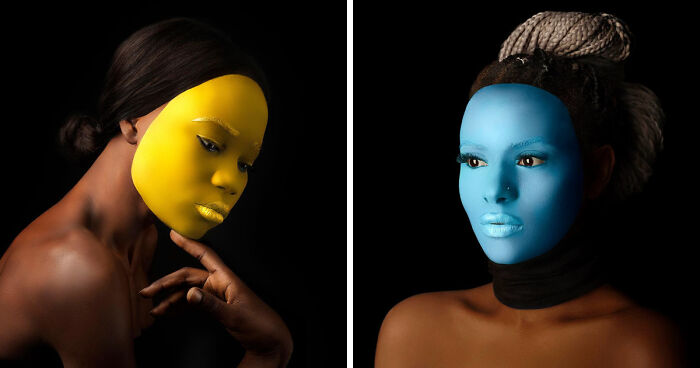
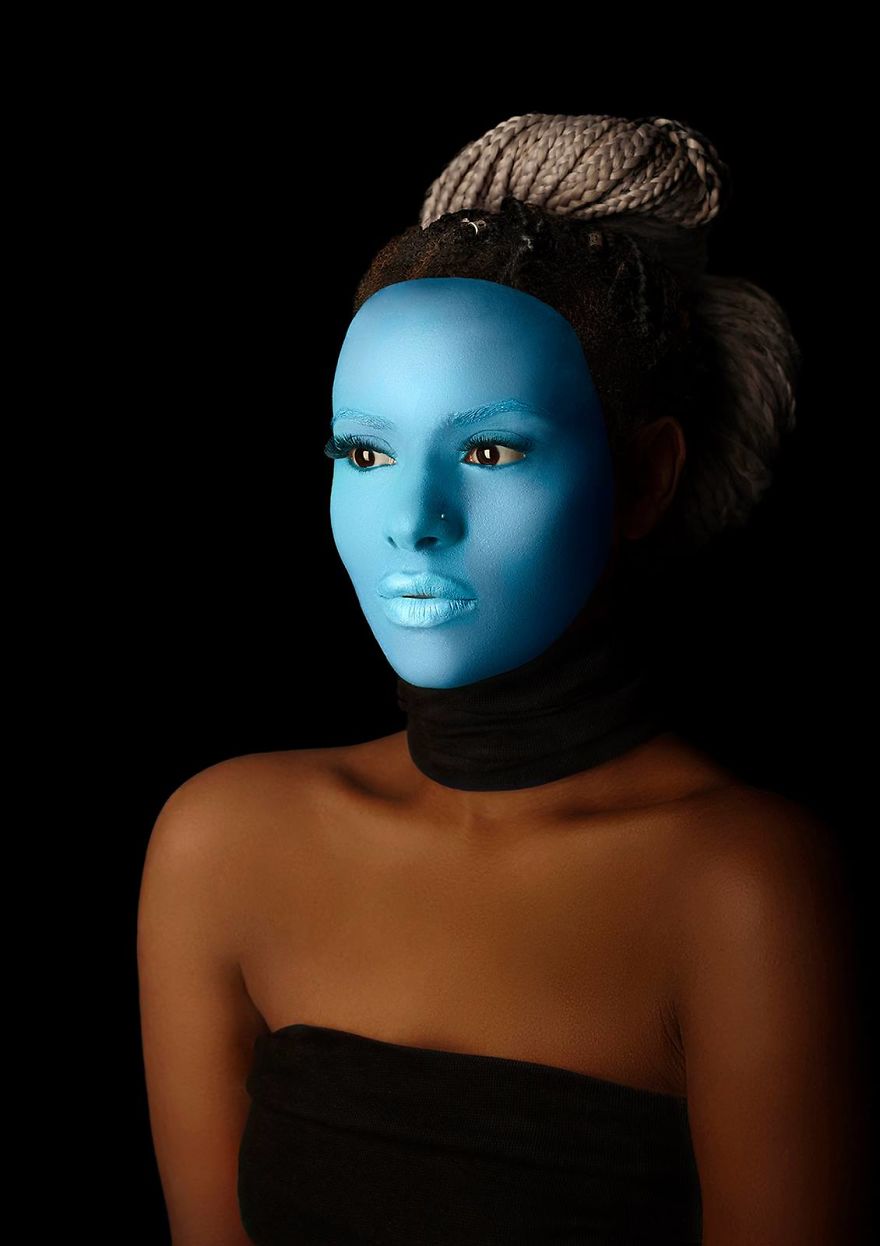
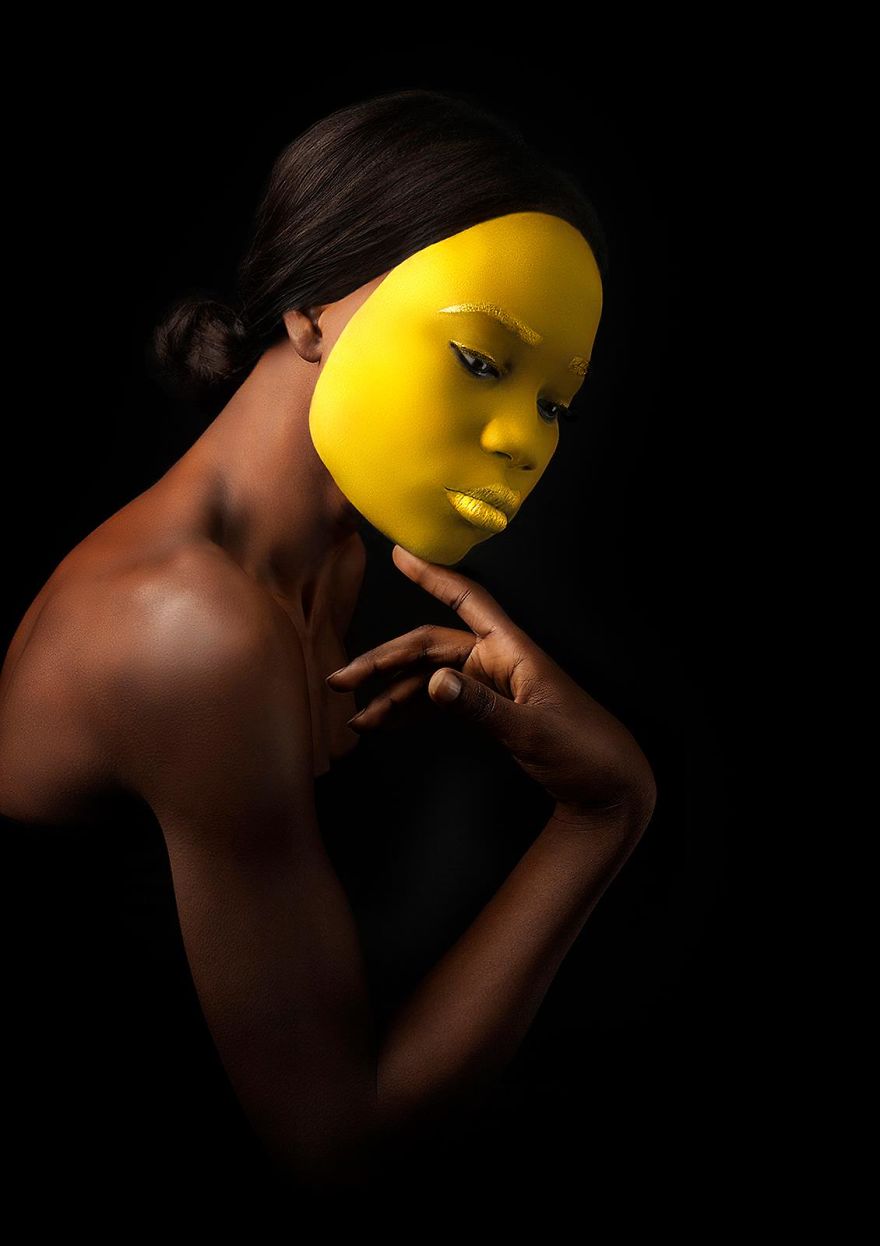
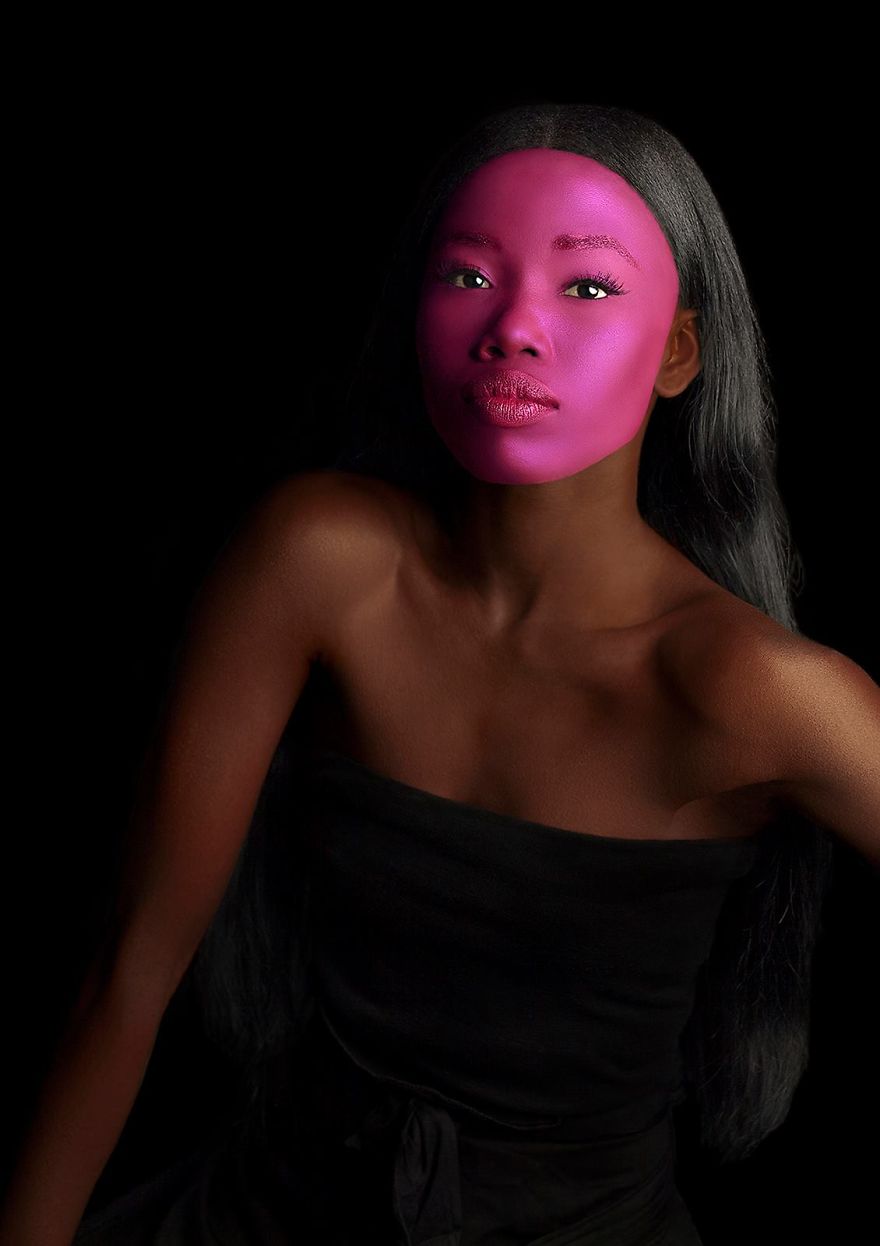
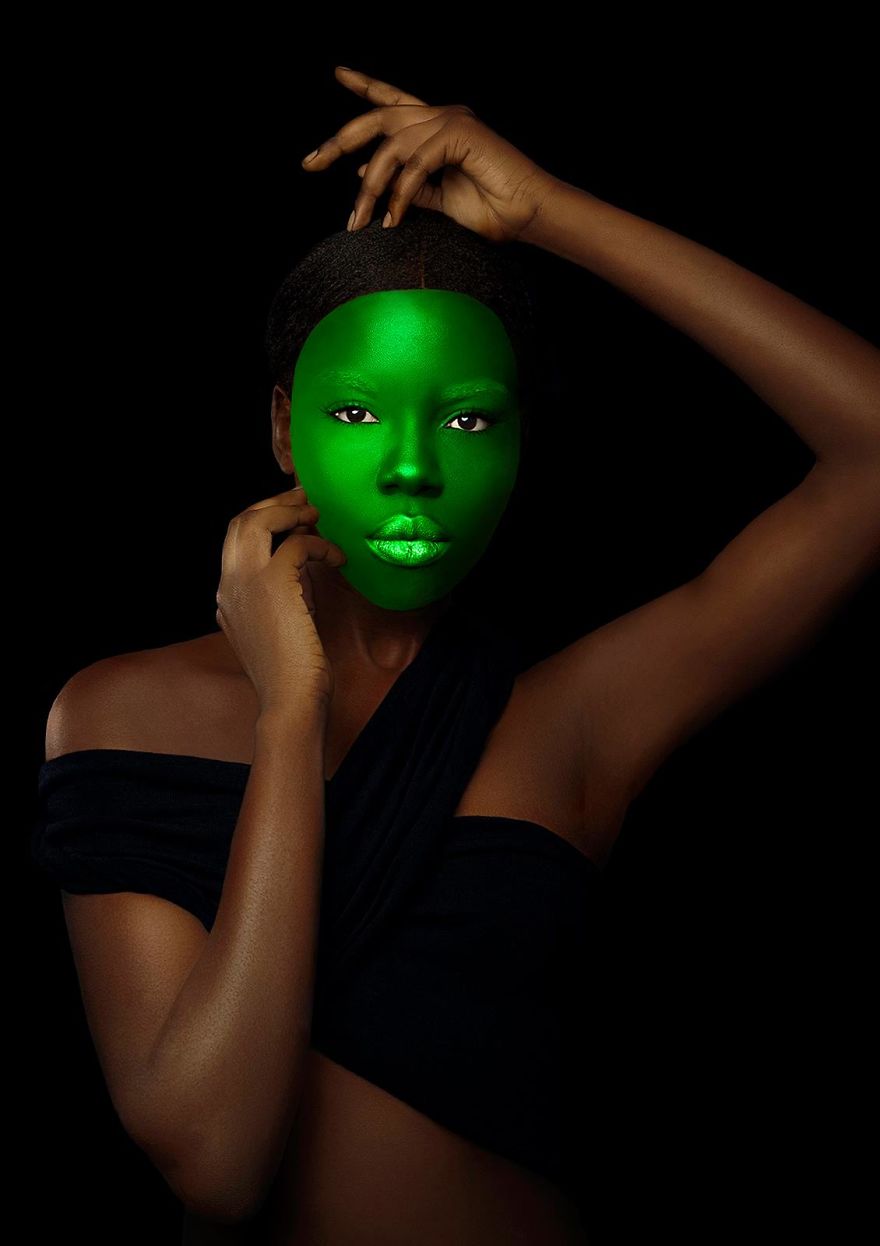
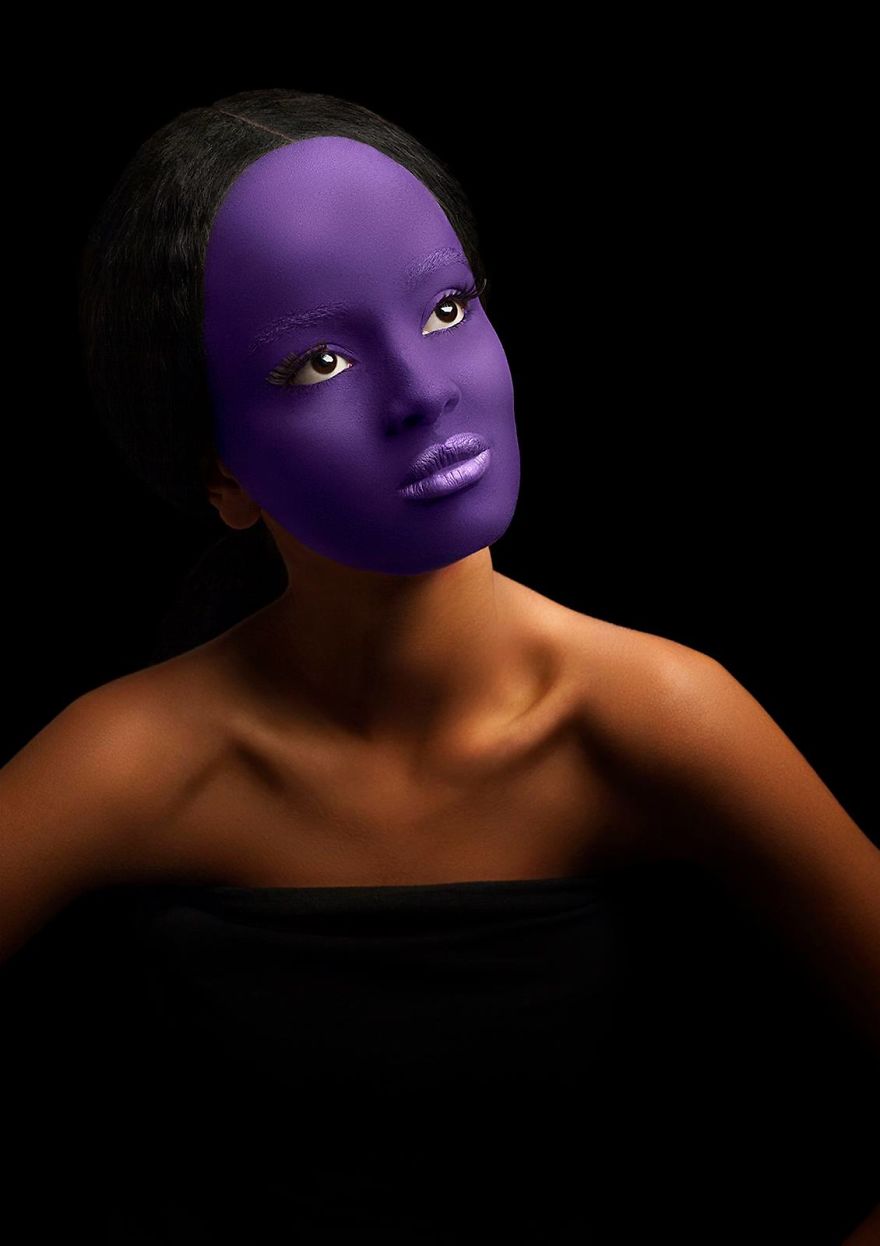
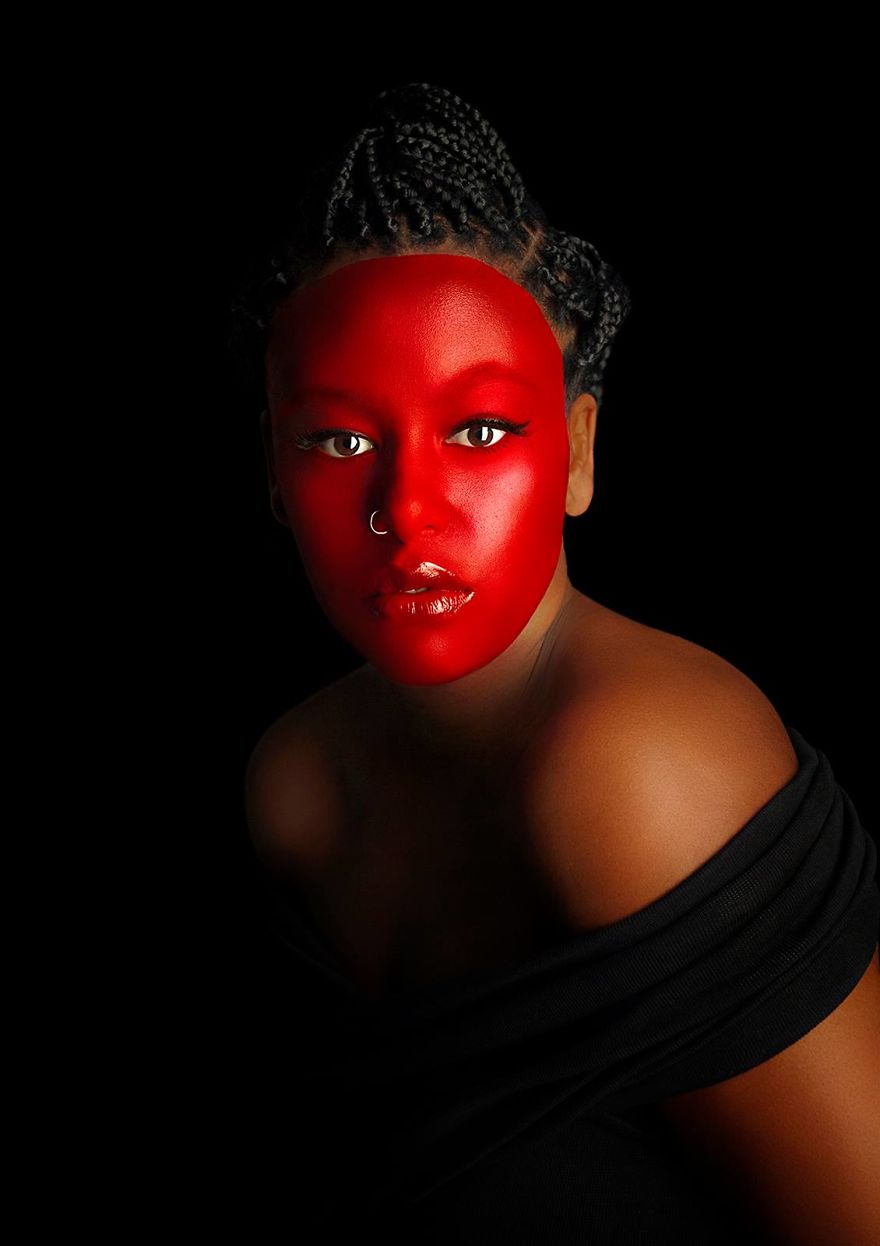
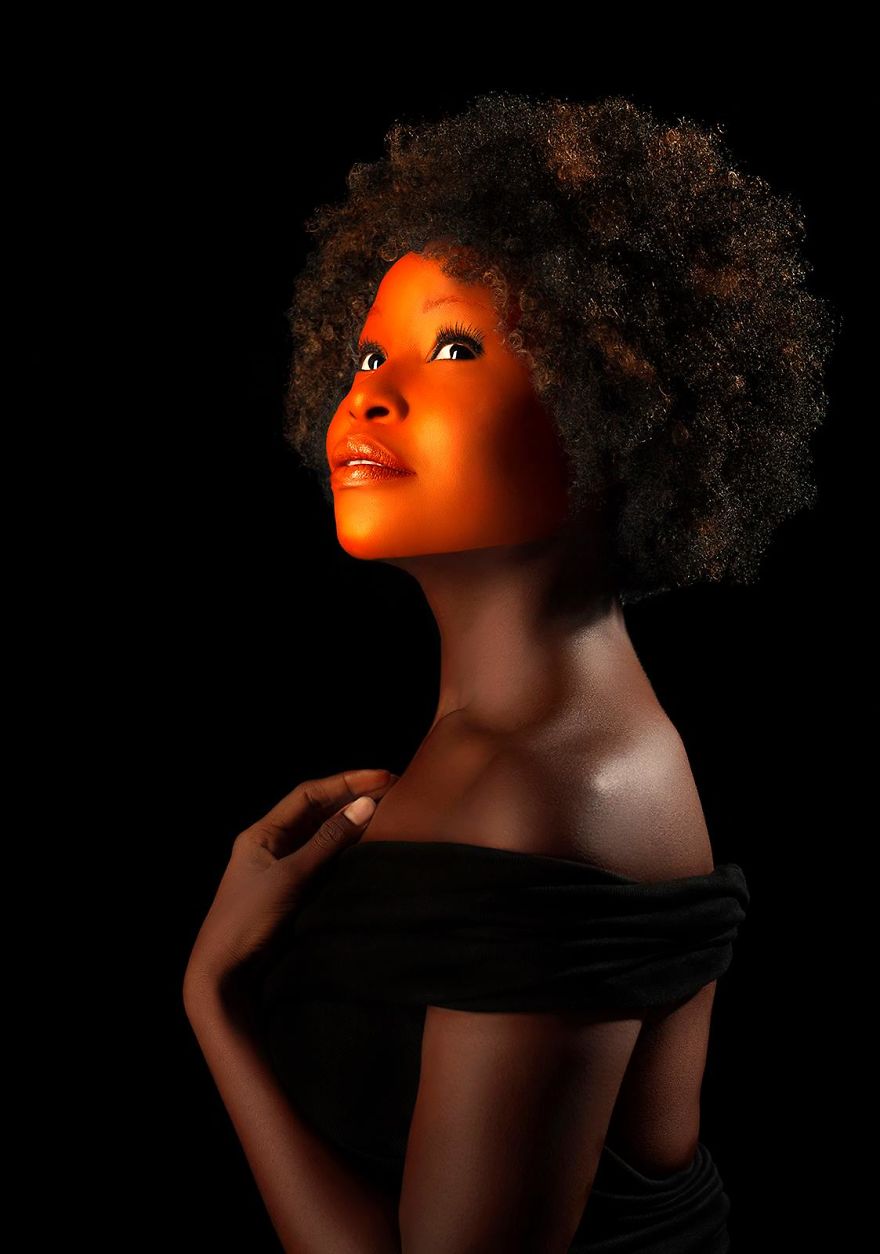











































226
13